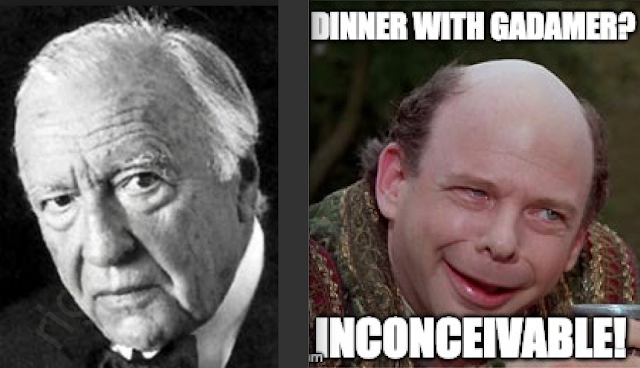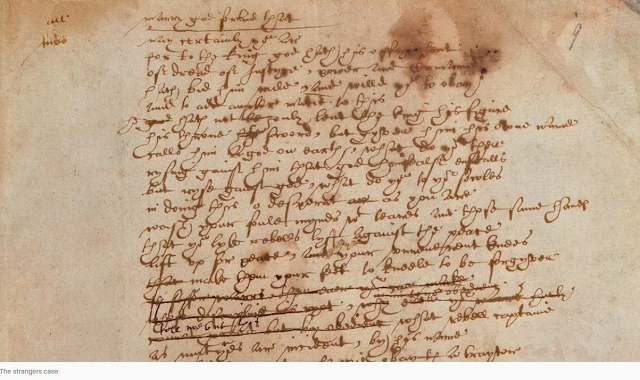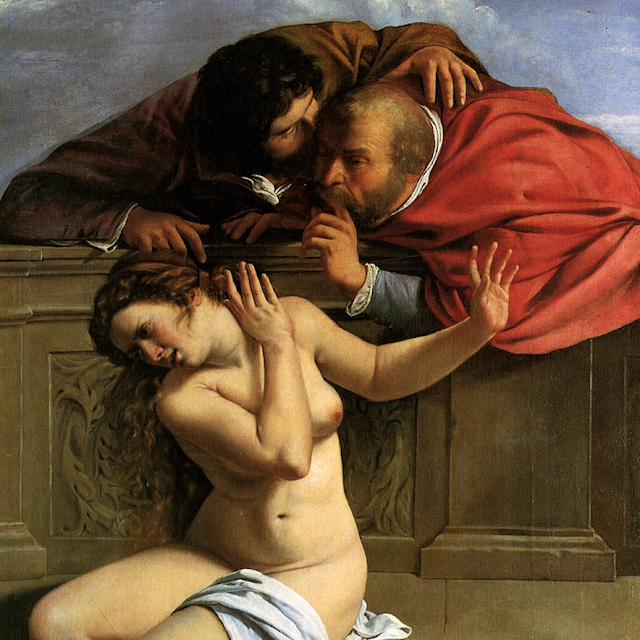Ophelia's Burial: Exceptions for People with the Right Connections

['Ophelia', Sir John Everett Millais, Bt, 1851-2] Gertrude describes an accident by which a branch breaks: Ophelia falls into the water and then doesn't struggle to survive. The gravediggers talk of suicides and proper burial, noting that an exception was probably made for Ophelia due to her connections. This inspires some to research suicidal women, stories of which Shakespeare may have known. This may take things too literally. In a way, this is about people with powerful connections receiving special treatment. If you asked people in 1603 England what was the most famous example of a person with powerful connections having exceptions made by religious authorities, they probably would have said Henry VIII and his first wife Katherine: They received special permission to marry in spite of Katherine having been the widow of Henry’s brother Arthur. Later, Henry split from Rome to obtain his desired annulment from her. Kings and beggars may all be equal in the eyes o...


